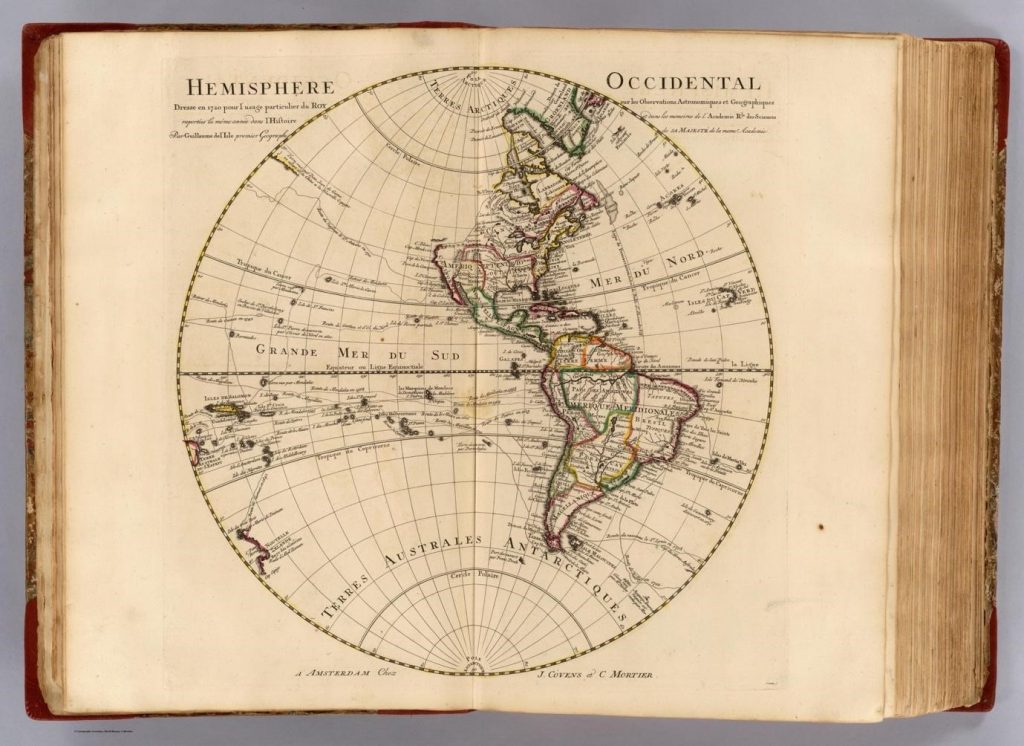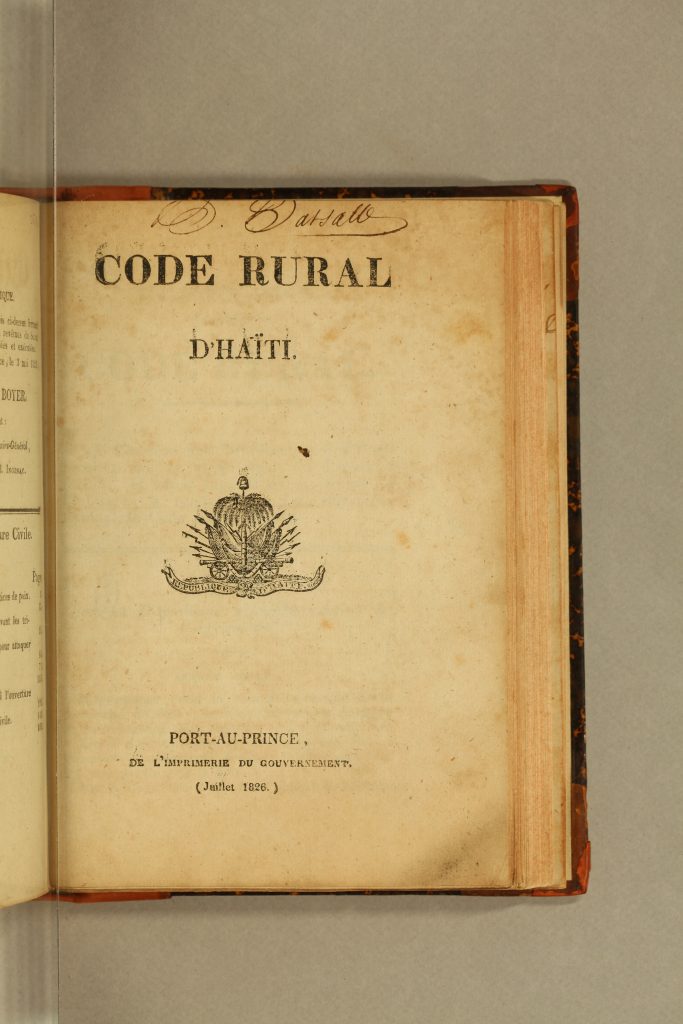By Jennifer Faith Gray In 1714, Captain George Winter of the Mary transhipped a cargo of 111 enslaved persons who had been purchased in Barbados to York River, Virginia, where enslaved labour was used to facilitate extensive tobacco cultivation. In the same year, Captain Robert Benn of the Charles transhipped a cargo of 177 enslaved […]
By Nicholas Troy In 1787, to prevent conflict with Spain, the British colony of Black River – the central node in a dynamic contraband trade on the Mosquito Coast – was evacuated. At the start of the same century, logger settlements in Yucatán and the Scots colony in Darien paid the price for defying Spanish […]
Thinking about the media, colonialization, nation-building discourses and their impact on the reconstruction of the precolonial past in Southern Central America. By Marie Kolbenstetter The Gulf of …what? Fair enough – it is not the biggest of Gulfs, and if you have never been to this neck of the woods, or if your research doesn’t have […]
By Bethânia Santos Pereira President Jean-Pierre Boyer, who ruled Haiti between 1818 and 1843, was responsible for achieving a relative moment of internal political stability in the country: he unified the entire island, which removed possible conflicts with the reign of Henry Christophe as well as the Spanish crown, he managed to negotiate the recognition […]



